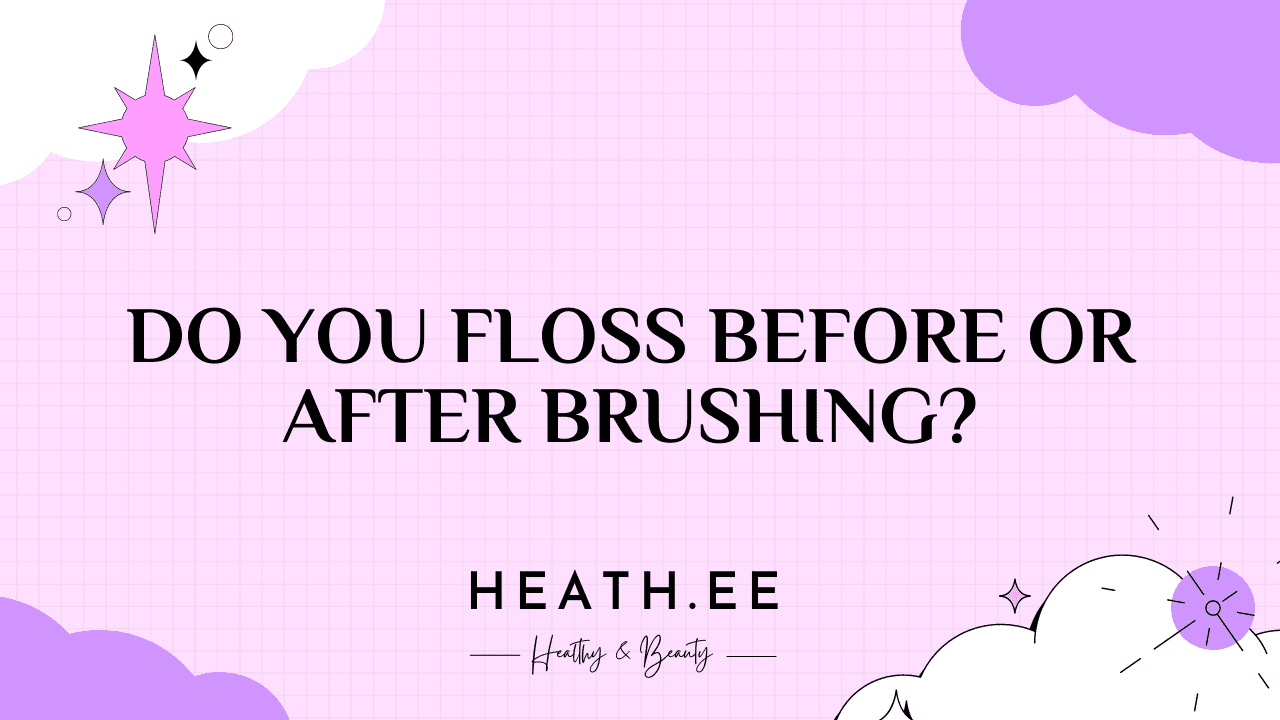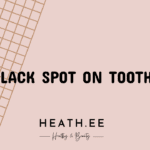The age-old question of whether you should floss before or after brushing is one that has been debated for decades. It’s a question that has been asked by dentists, hygienists, and even casual observers of oral hygiene. The answer to this question is not cut and dry, and it really depends on the individual’s preferences and needs. In this blog post, we’ll explore the pros and cons of flossing before or after brushing to help you make an informed decision.
What Is Flossing?
Flossing is a method of cleaning the spaces between teeth. It helps remove food particles and plaque that a toothbrush can’t reach. Flossing can help prevent cavities, gum disease, and bad breath. It’s an important part of any oral health care routine.

When Should You Floss?
The American Dental Association (ADA) recommends flossing at least once a day. The best time to floss is either before or after brushing. Brushing removes plaque and food particles from the surface of your teeth, while flossing removes plaque and food particles from between the teeth.
Flossing Before Brushing
Flossing before brushing is a great way to get rid of any food particles or plaque that may be stuck between your teeth. It helps clear the way for your toothbrush to do its job more effectively. Flossing before brushing can also help reduce the amount of bacteria in your mouth, which can help reduce your risk of cavities and gum disease.

Flossing After Brushing
Flossing after brushing is also beneficial. It helps to remove any plaque or food particles that may have been missed by your toothbrush. Flossing after brushing also helps to remove any toothpaste residue that may be left on your teeth.
Pros and Cons of Flossing Before or After Brushing
The biggest pro of flossing before brushing is that it helps clear the way for your toothbrush to do its job more effectively. Flossing before brushing can also help reduce the amount of bacteria in your mouth, which can help reduce your risk of cavities and gum disease.
The biggest con of flossing before brushing is that it can be difficult to floss effectively if you have a lot of food particles or plaque stuck between your teeth. If you floss before brushing, you may not be able to get all the food particles out, which can leave your teeth vulnerable to cavities and gum disease.
The biggest pro of flossing after brushing is that it helps to remove any plaque or food particles that may have been missed by your toothbrush. Flossing after brushing also helps to remove any toothpaste residue that may be left on your teeth.
The biggest con of flossing after brushing is that it may not be as effective at removing plaque and food particles from between the teeth. Flossing after brushing may also not be as effective at reducing the amount of bacteria in your mouth.
What Is the Best Option?
The best option for you will depend on your individual needs and preferences. If you have a lot of food particles or plaque stuck between your teeth, then flossing before brushing may be the best option for you. However, if you don’t have a lot of food particles or plaque stuck between your teeth, then flossing after brushing may be the best option.
Ultimately, the best option is to floss at least once a day. Whether you floss before or after brushing, it’s important to make flossing a part of your daily oral health care routine.
Conclusion
Flossing is an important part of any oral health care routine. The question of whether you should floss before or after brushing is one that has been debated for decades. Ultimately, the best option is to floss at least once a day. Whether you floss before or after brushing, it’s important to make flossing a part of your daily oral health care routine.



